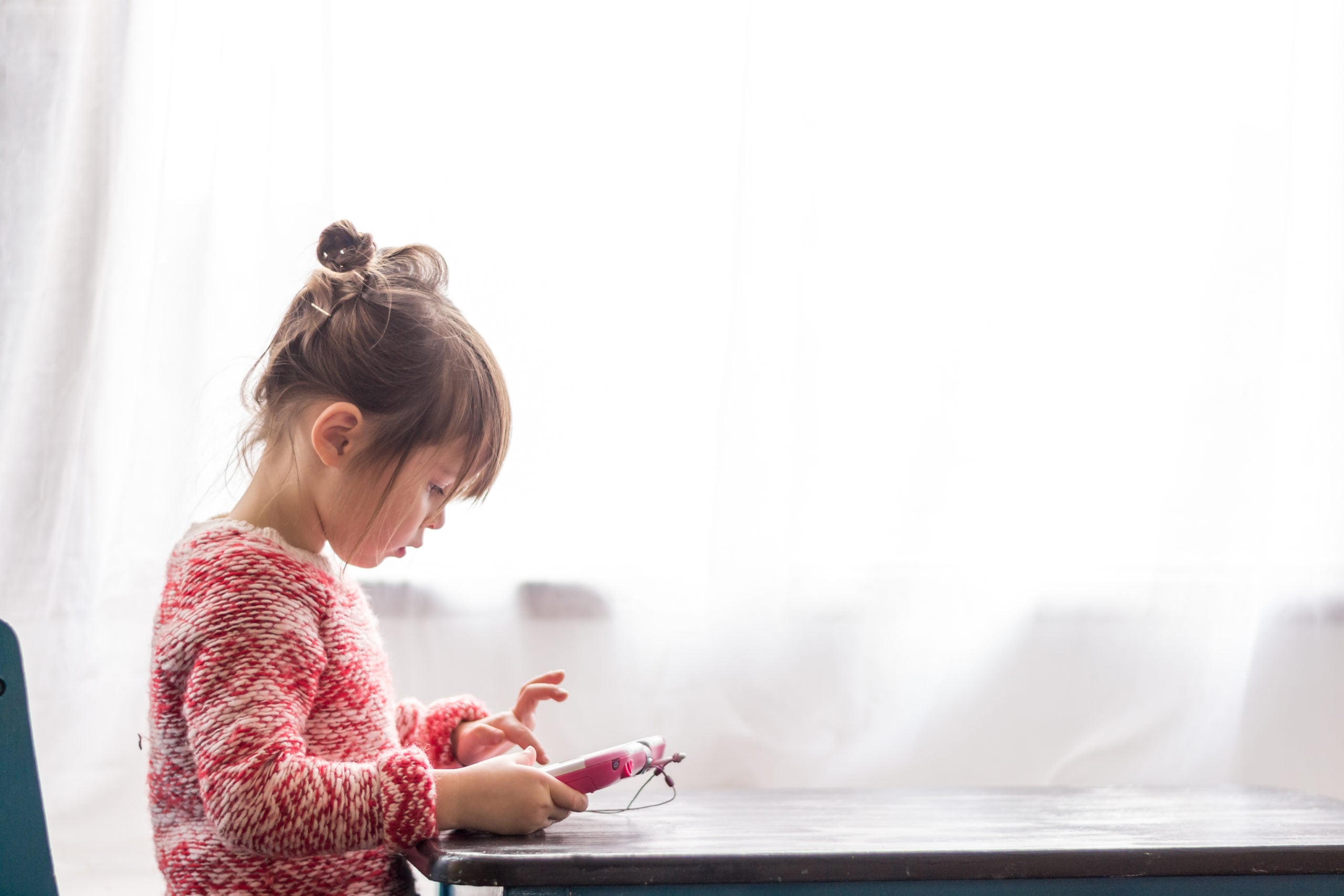The U.S. is one of the wealthiest countries in the world. When discussing our country, phrases like “the land of opportunity” and “the American dream” are often invoked. So it seems logical to assume that the U.S. is also one of the best places in the world to raise children, right? Well, a new report on the health and well-being of kids around the globe points to a troubling truth that might worry American parents: The U.S. now ranks below 38 other countries on measurements of children’s health, education, nutrition and survival.
The report was published on February 18, 2020, in the medical journal The Lancet, which ranks 180 countries based on a “child flourishing index” determined by the World Health Organization (WHO), the United Nations Children’s Fund (UNICEF) and the Lancet. The index is based on country-by-country data on various factors like child survival rates, years of school completed, teen birth rates, maternal mortality, prevalence of violence, children’s growth and nutrition and even countries’ projected rates of carbon emissions.
Based on that data, the U.S. ranks 39th for overall child health and well-being. Norway ranked in first place, with South Korea, The Netherlands, France and Ireland rounding out the top five. So, what do these countries have that the U.S. doesn’t have? The top ranking countries all had what the report calls “superior systems” in place for ensuring children have access to early education and health care.
Health care and child care are notoriously expensive in the U.S. As of 2018, there are about 3.9 million children in the U.S. who are not covered by health insurance, and U.S. health care costs are the highest of any developed country in the world. Similarly, the Organization for Economic Cooperation and Development ranks the U.S. as having the third highest child care costs out of 41 other developed countries.
In addition to the accessibility and affordability of health care and child care, the Lancet report highlights other factors that pose potential risks to kids. “Companies make huge profits from marketing products directly to children and promoting addictive or unhealthy commodities, including fast foods, sugar-sweetened beverages, alcohol and tobacco, all of which are major causes of non-communicable diseases,” the report reads.
Environmental factors also pose significant risks to kids. In 2015, the United Nations set Sustainable Development Goals to make improvements for people and the planet by 2030. These include things like reducing hunger and poverty, increasing access to clean water, working toward gender and income equality and cutting harmful emissions that contribute to climate change and environmental degradation.
As a part of the Lancet report’s ranking system for child wellbeing, researchers looked at countries’ projected outcomes for achieving those goals. For sustainability, the U.S. ranked in the bottom 10 countries out of the 180 included in the study; however, researchers noted that most countries are not meeting their sustainability goals.
For American parents, this report comes at a crucial time: 2020 is an election year, and the country feels more divided than ever. Presidential candidates are discussing big structural changes, like the introduction of universal health care and universal child care. A Gallup poll also shows that most voters are worried about education, climate change, gun laws and the economy. All of these issues have the potential to directly affect children and their futures.
It may seem like the U.S. is falling behind when you note our 39th place ranking for kids’ wellbeing, but that doesn’t mean parents should lose hope. Researchers say they want this report to inspire leaders — not just in the U.S., but around the world — to consider children’s futures in their policy decisions.
WHO Director-General Tedros Adhanom Ghebreyesus said in a written statement to CNN about the release of the report, “This report shows that the world’s decision makers are, too often, failing today’s children and youth: failing to protect their health, failing to protect their rights, and failing to protect their planet. This must be a wakeup call for countries to invest in child health and development, ensure their voices are heard, protect their rights and build a future that is fit for all children.”





